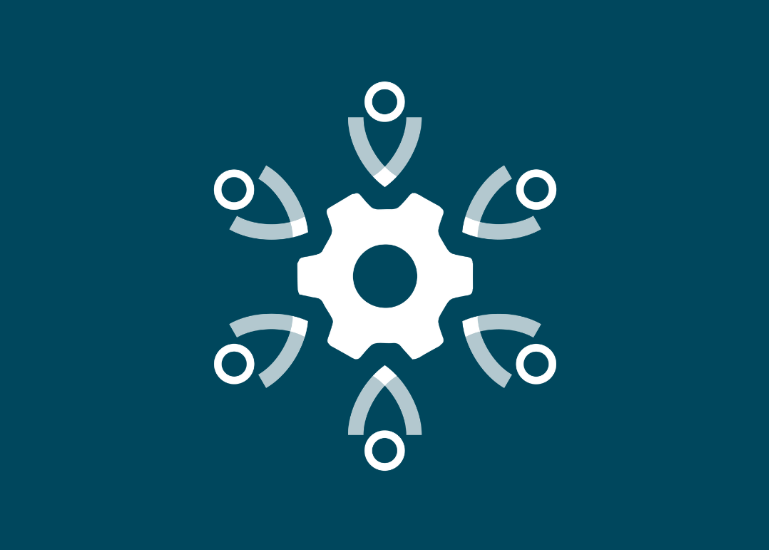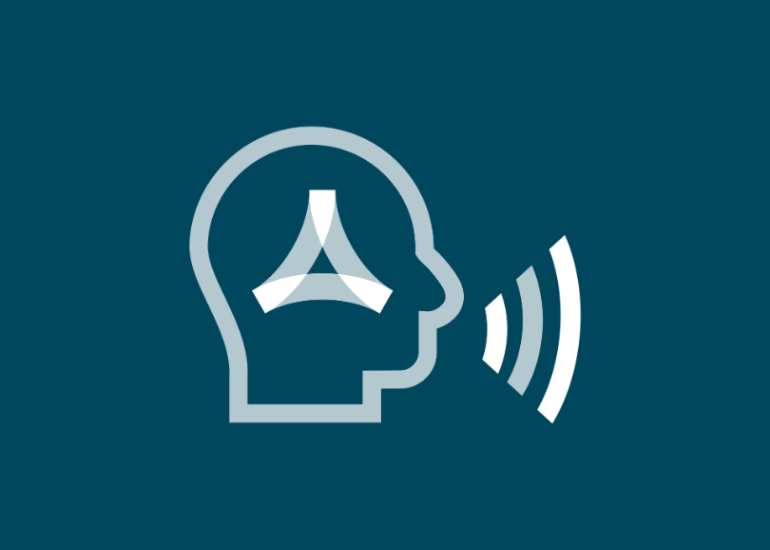-
Hyperfocus (able to focus on specific work or projects)
-
Creativity (having new ideas)
-
Innovative thinking (putting unusual ideas into practice)
-
Detail processing (able to notice and work with detail)
-
Authenticity (being themselves at work)
Employers
Neurodiversity means diversity in thinking; this is a feature of being human and therefore it is about everyone. Diversity in thinking is like biodiversity in nature, and just like in nature, it is essential for us to have diversity to enable us to be adaptable, flexible and responsive when working together.
Providing a workplace that enables everyone to be at their best more of the time inspires capability so that individuals, teams and organisations can thrive.
Because neurodiversity is about everyone, it's true to say that we are all neurodiverse but not all of us are neurodivergent.
Being neurodivergent can include:
- Dyslexia
- Dyspraxia
- Dyscalculia
- Dysgraphia
- Autism
- ADHD
- Tourette Syndrome
Please see key definitions for words or abreviations that are new to you.
- Depression
- Anxiety
- OCD
- Schizophrenia
- Bipolar
- Aquired brain injury
- Stroke
- Multiple Sclerosis
- Epilepsy
Neurodiversity is an identity that connects us together regardless of a diagnosis or label. Neurodiverse conditions are frequently classed as disabilities under the Equality Act 2010. This means that as an employer, you may be required to make reasonable adjustments to support neurodivergent employees at work.
All people need access to support and resources and this is particularly true for neurodivergent people who are frequently misunderstood and marginalised in the workplace. Neurodivergent people often have particular strengths and when well supported and provided with the resources they need to be at their best more of the time, can thrive, reach their potential and in the process enable your organisation to benefit from their natural skills and talent.
Innovative, profitable and effective
In a recent study, Neurodiversity at work: demand, supply and a gap analysis by Birkbeck, University of London, both employers and employees agreed on the strengths of neurodivergent staff:
These skills and qualities often represent the untapped talent of your neurodivergent employees and are being referenced as being essential skills for the future of business.
Supporting already present and employing more neurodivergent staff leads to diverse teams that are innovative, adaptable and anti-fragile.
Significant barriers to wellbeing for neurodivergent employees
Over half the neurodivergent employees that took part in this research shared that they feared discrimination from colleagues if they disclosed their diagnosis.
40% said that there just aren't enough knowledgeable staff at work to help neurodivergent workers.
If you as an employer want to retain such remarkable talent, adjustments and accomodations are not simply 'nice to have' but are an urgent buisness need.
I can help your organisation raise awareness and build the skills needed to embrace diversity, foster inclusion, and support teams to work at their best, enhancing overall wellbeing and collaboration.





